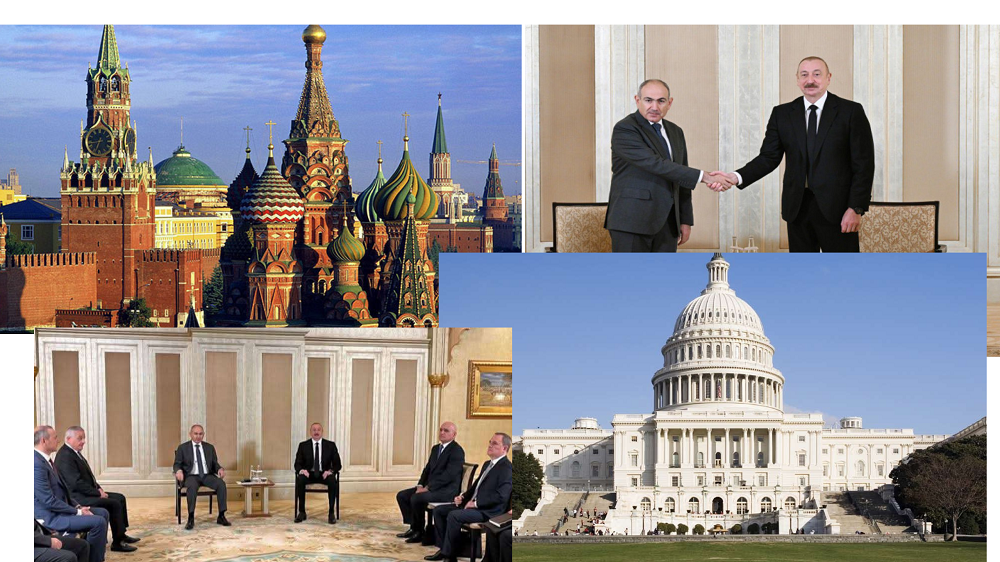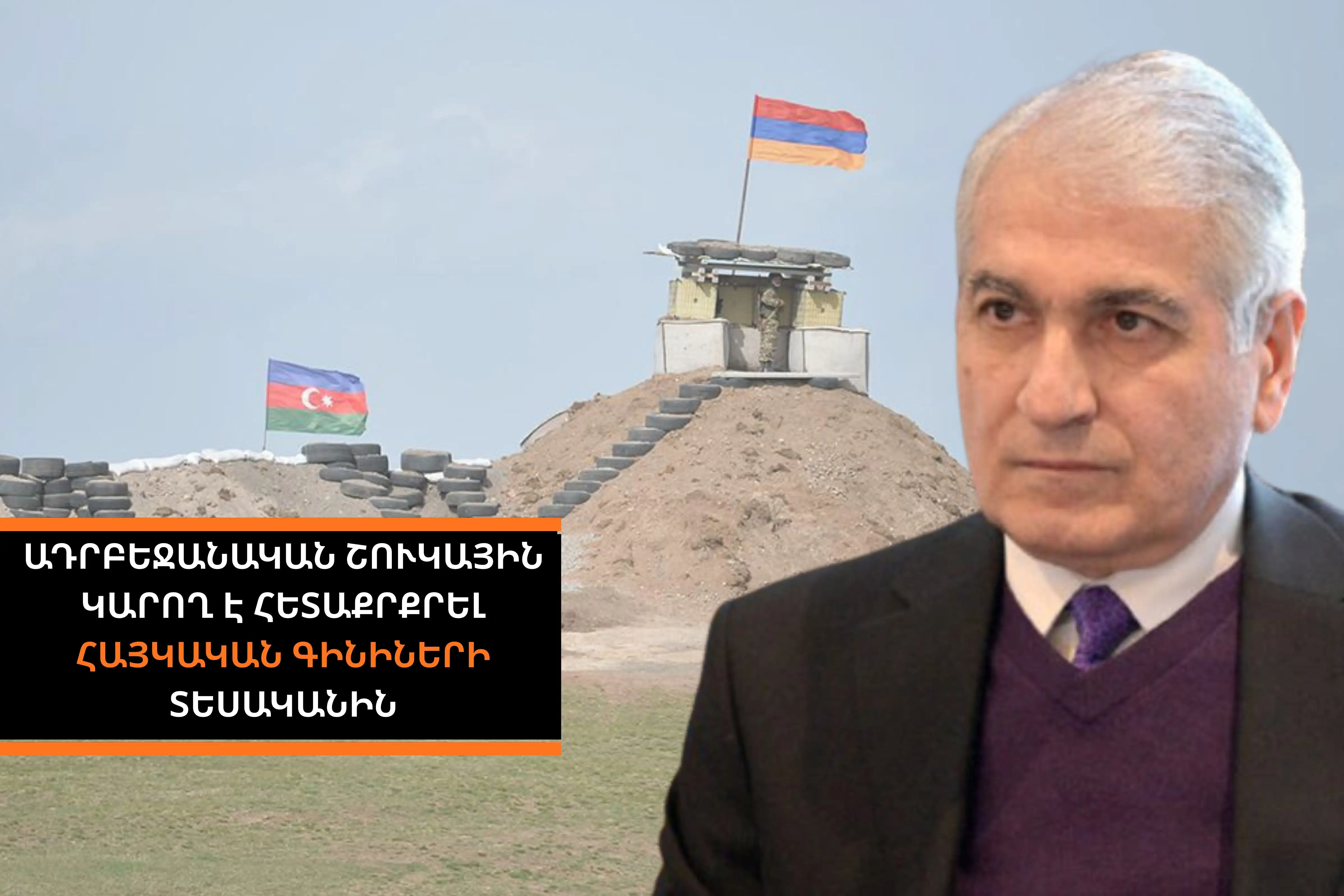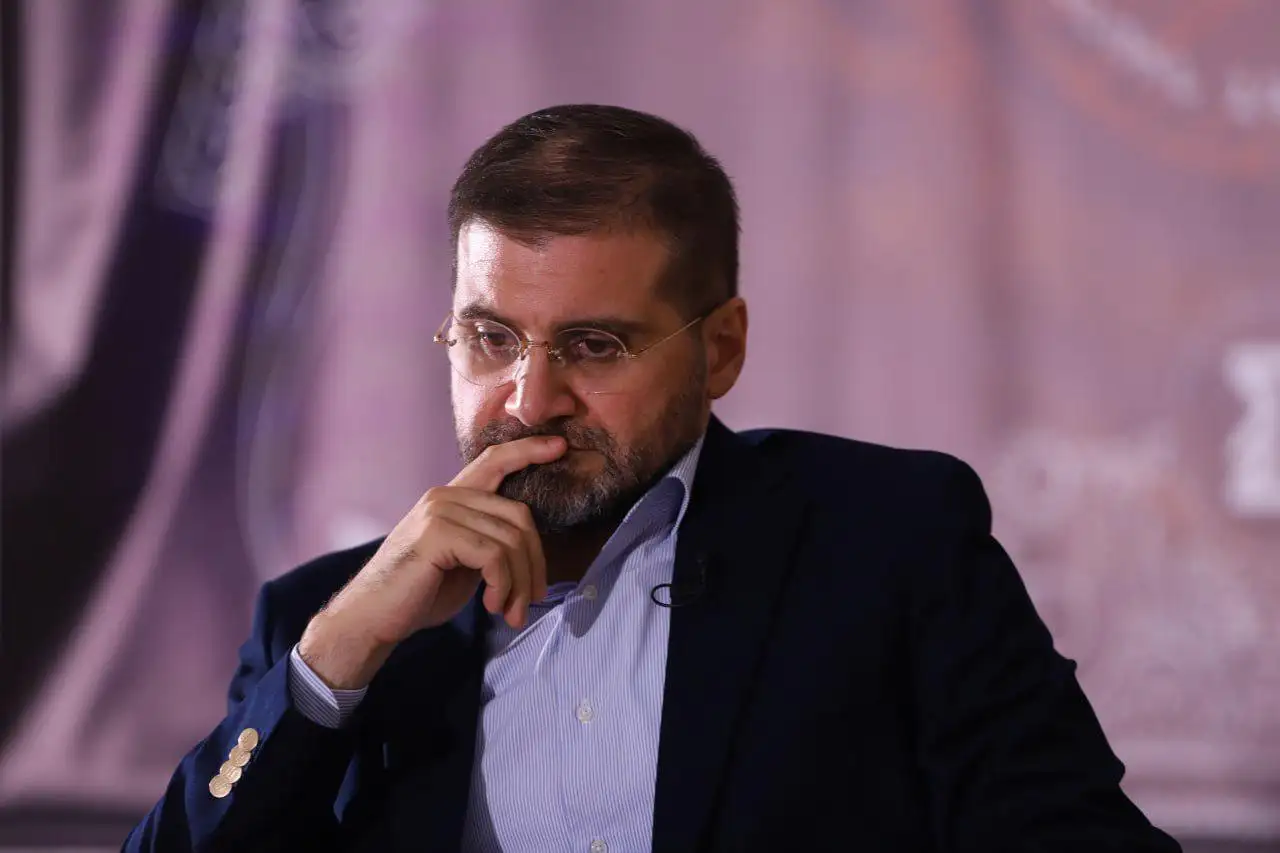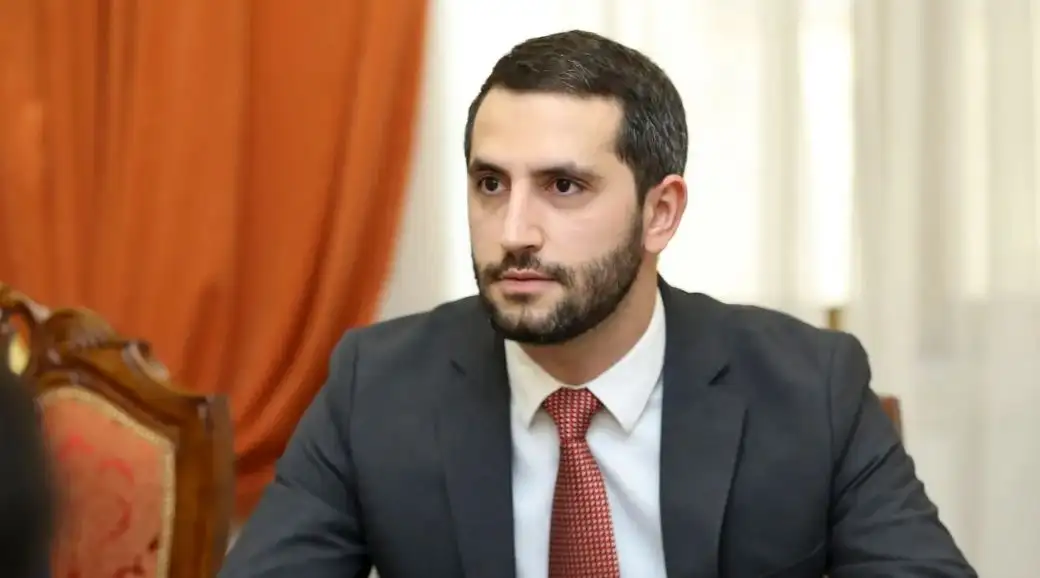The talks between the Armenian Prime Minister and the Azerbaijani President in Abu Dhabi on July 10 opened a new page in the months-long frozen Armenian-Azerbaijani settlement process. The talks lasted more than five hours, including tete-a-tete and wide-format formats. The parties concluded this round of negotiations by issuing a message with almost identical, encouraging wording.
The Ghost of the Russian Margin
The duration of the negotiations suggests that the parties addressed the most pressing issues of the peace agenda, including each other's "red lines." The fact that the talks ended with an agreed statement, albeit without public specifics, indicates a desire to maintain a certain level of stability and at least send optimistic signals to the international community and their societies. This is a real message of opening a window for new negotiations, which inspires hope that the parties maintain the logic of continuing the dialogue.
On the other hand, one can never rule out the possibility that this could also be a tactical diplomatic maneuver at this stage, aimed at controlling tensions and limiting the likelihood of external actors, especially Russia, becoming involved.
Kremlin spokesman Dmitry Peskov, before the Pashinyan-Aliyev talks were over, announced that Russia "welcomes" such direct contacts, hinting that a peace treaty would contribute to regional stability. However, what happened in Abu Dhabi was a record of the fact that the Baku-Yerevan negotiation train is moving without Moscow's steering. The only specifics in the joint statement concerned the parties' preference to continue the negotiations in a bilateral format, which is nothing more than a prelude to giving Russia a negotiating margin. The negotiators decided to speak in code, likely to avoid overburdening Moscow.
Lowering Aliyev's euphoria. Armenia's negotiating challenge
Direct negotiations are the best way to neutralize the influence of external players. However, this format can be effective only if the parties have a sincere willingness to overcome the conflict, putting aside the "strong-weak" syndrome. Otherwise, such contacts degenerate into attempts by the one who considers themselves objectively or subjectively strong to impose their will and conditions on the other side.
Azerbaijan has clearly outlined its demands for signing a peace agreement. If 5-hour negotiations are taking place under the conditions of a deal on the text, it is clear that these Azerbaijani preconditions are the subject of discussion. The question arises: what counter-game is Yerevan using to resist and moderate these pressures from Baku, effectively declaring that it wants to find a common language with Baku on its own, without external help.
It is clear that, despite the optimistic notes being sounded, the parties have not yet come close to finding solutions regarding Baku's preconditions – the "Zangezur Corridor", the return of Azerbaijani refugees, and amendments to the RA Constitution, among others.
Most likely, the Armenian side is contrasting them with its interests, which may include the conditions for the withdrawal of Azerbaijani forces from its sovereign territory, obtaining guarantees for Armenia's full involvement in the regional communications to be opened, not obstructing Baku's participation in the north-south and east-west communication and economic intersection flows passing through the region.
After the meeting, the Azerbaijani media circulated a new concept. In particular, it was noted that the parties had a meaningful conversation about the opening and development of the "Zangezur Corridor", as well as the possibility of initialing the Peace Treaty. If everything is clear in the case of the first, then there was no talk of initialing the Peace Treaty before. The Armenian side did not confirm the fact of discussing such a detail in Abu Dhabi. It cannot be ruled out that Baku wants to give the impression that it has received certain guarantees from Yerevan regarding the fulfillment of its preconditions or part of them.
Is the US taking away the South Caucasus "umbrella" from Russia?
Before the Abu Dhabi meeting, the international press had created a backdrop of high expectations surrounding the possibility of an early signing of a peace treaty between Armenia and Azerbaijan, as well as the potential for a breakthrough in this direction in the UAE. Even US Secretary of State Marco Rubio recently announced that there is a possibility of an early signing of a peace treaty. The idea of delegating control of the road connection between Azerbaijan and Nakhichevan via Syunik to an American private company was emphasized. The impression was that the US was taking away the "umbrella" of the negotiations from Russia.
However, the hint of continuing negotiations without a third country is also directed at Washington. It is noteworthy that during the Pashinyan-Aliyev negotiations, the US State Department considered it necessary to emphasize that the US was not involved in the Syunik "corridor" issue and is not aware of the role attributed to it. Is this a certain retreat?…
However, even if there were such ambitions, Abu Dhabi has, by and large, not yet justified these hopes at first glance. Although Yerevan is already hinting that, under the conditions of its sovereignty and jurisdiction, it may consider delegating control of the road to a third party, a private (and extra-regional) entity, these prospects also still seem vague. For Baku and Turkey, direct or mediated American control over this road may be perceived as problematic, similar to Russian control, since it will not replace Russian influence in the region with Turkish influence, but rather replace it with American influence.
In other words, the most fundamental moment, related to the Syunik road junction, which is the primary key to signing a peace agreement, may be determined precisely by this. Azerbaijan may seek to fill the vacuum left by Russia by strengthening the Turkish factor, and Armenia by the American one. In other words, no matter how much the parties declare their intention to continue the negotiations without third parties, concrete ears are still visible behind them.
But, regardless of these realities, there is no alternative to continuing the dialogue. This is important not only because "negotiations are preferable to guns," but also because Yerevan now needs, like air and water, to moderate Azerbaijan's victorious euphoria and bring Aliyev down from the sky to real ground. And the way to do this is to generate alternative, viable proposals through persistent dialogue, thus moving Aliyev into the realm of compromises.
Gor Abrahamyan


















